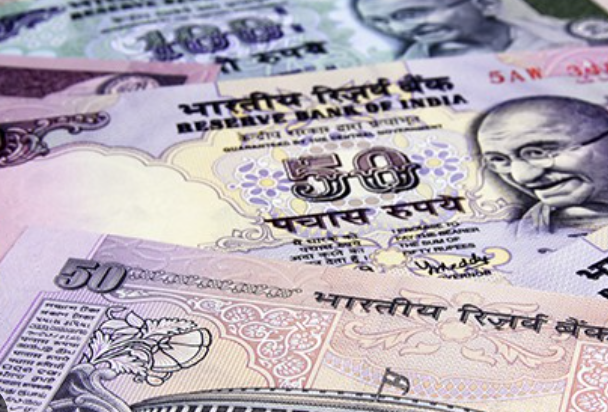#IndiaOil #FossilFuelEndgame #EnergyCrisis #SustainableEnergy #OilExtraction #RenewableEnergyTransition #GlobalOilMarket #ClimateChange #EnergyPolicy #IndianEconomy
In an era marked by the clarion calls for sustainability and a swift transition towards renewable energy, India finds itself in a unique predicament, rushing against time to harness its oil reserves. The world’s third-largest oil importer is now poised on the brink of a belated oil exploration spree, aiming to capitalize on its untapped fossil fuel resources before the industry undergoes an inevitable transformation. This pivot towards maximizing domestic oil production emerges as a strategic maneuver, intending to bolster national energy security, curtail dependency on volatile foreign oil markets, and navigate the economic turbulence fueled by fluctuating oil prices.
Historically, India’s approach to oil extraction has been cautious, hindered by regulatory hurdles, environmental concerns, and significant infrastructural deficits. However, the realization that the global energy landscape is shifting irrevocably towards renewable sources has ignited a newfound urgency within Indian policy circles. The government, alongside private sector stakeholders, is now investing heavily in exploration and drilling projects, aimed at uncovering and exploiting potential oil reserves that have remained untapped for decades. Such endeavors are not just about mitigating immediate energy scarcities but are seen as pivotal for sustaining India’s burgeoning economy in the interim period before renewables can fully shoulder the nation’s energy demands.
The motivations behind India’s intense focus on expanding its oil extraction capabilities also reflect a broader recognition of the geopolitical and economic leverages associated with oil. By augmenting domestic oil production, India aims to reduce its susceptibility to global oil price shocks and the geopolitical whims that often dictate these markets. Furthermore, enhancing oil self-reliance is envisaged as a critical step towards achieving a more balanced trade deficit and stabilizing industrial and economic growth during this transitional energy phase. Nonetheless, this rush towards fossil fuels also positions India at a crossroads, needing to balance its short-term energy necessities with its long-term commitments towards combating climate change and transitioning to a greener economy.
The Indian government’s push to expedite oil extraction projects has indeed stirred a considerable debate, juxtaposing the immediate imperatives of energy security and economic stability against the existential threat of climate change. As India ventures deeper into this belated oil rush, the challenge lies in navigating this tightrope diligently, ensuring that its pursuit of oil does not derail its parallel thrust towards renewable energy adoption. The transition to a sustainable energy future is fraught with complexities, yet, by strategizing its oil exploration endeavors with a clear vision for a renewable-dominated future, India could potentially model a pragmatic pathway for other nations grappling with similar dilemmas. The success of this balancing act will not only determine the trajectory of India’s energy landscape but could also offer valuable insights into managing the global transition from fossil fuels to renewables.






Comments are closed.